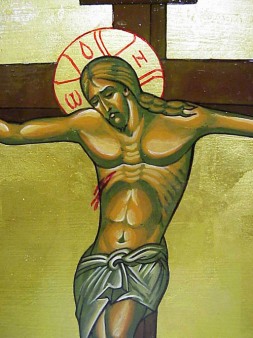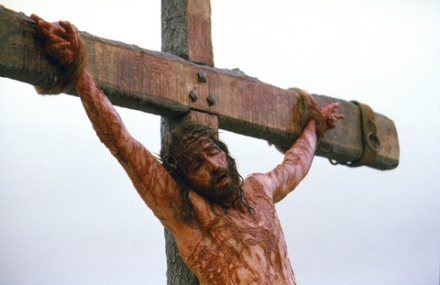
How can Good Friday be good? Good Friday is the day that Christians all around the world remember the suffering of Jesus Christ on a cross.
Depictions of Jesus Christ’s suffering are immortalized within our cultural framework because of such movies as The Passion of the Christ. However, we are not meant to wallow or suffer in the grief of Jesus with torment and pain.
On this day of sadness, we wonder: what is so good about this phrase Good Friday? There is no clear answer, but the word “good” and “God” were mixed together in the English speaking world. For instance, the surname “Goodspeed” derives from “Godspeed”, which comes from the expression “God speed (with you)” The expression, “good bye” came from the phase, “God be with ye (you).
Despite the origins of the phases, we don’t really feel “good” on Good Friday.
No matter what the origins of the phase, we cannot escape our feelings. Are we meant to feel guilty and depressed on Good Friday? We don’t feel “good” about Christ suffering. Are we meant to feel the pressure to be grateful of Jesus’ torment?
No! We must acknowledge our feelings of grief and loss regarding Jesus’ suffering on Good Friday. We cannot deny these feelings, nor should we. The stages of grief are real for us as they were for Jesus and his disciples:

 Prayer for Good Friday
Prayer for Good Friday




